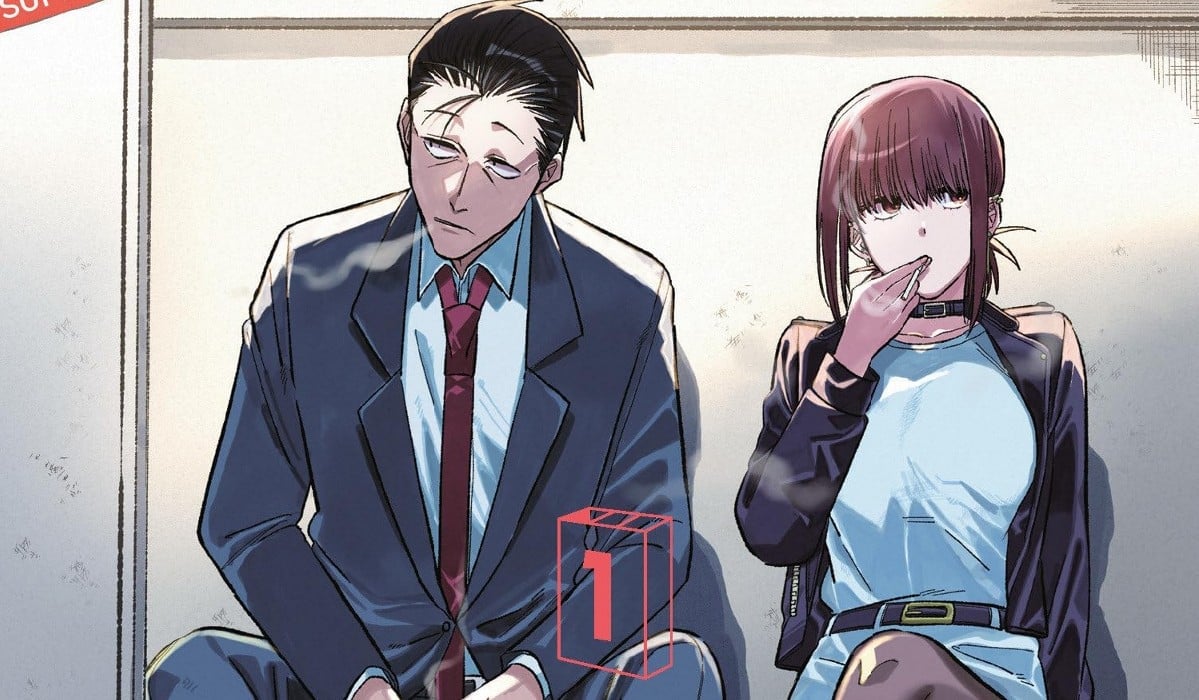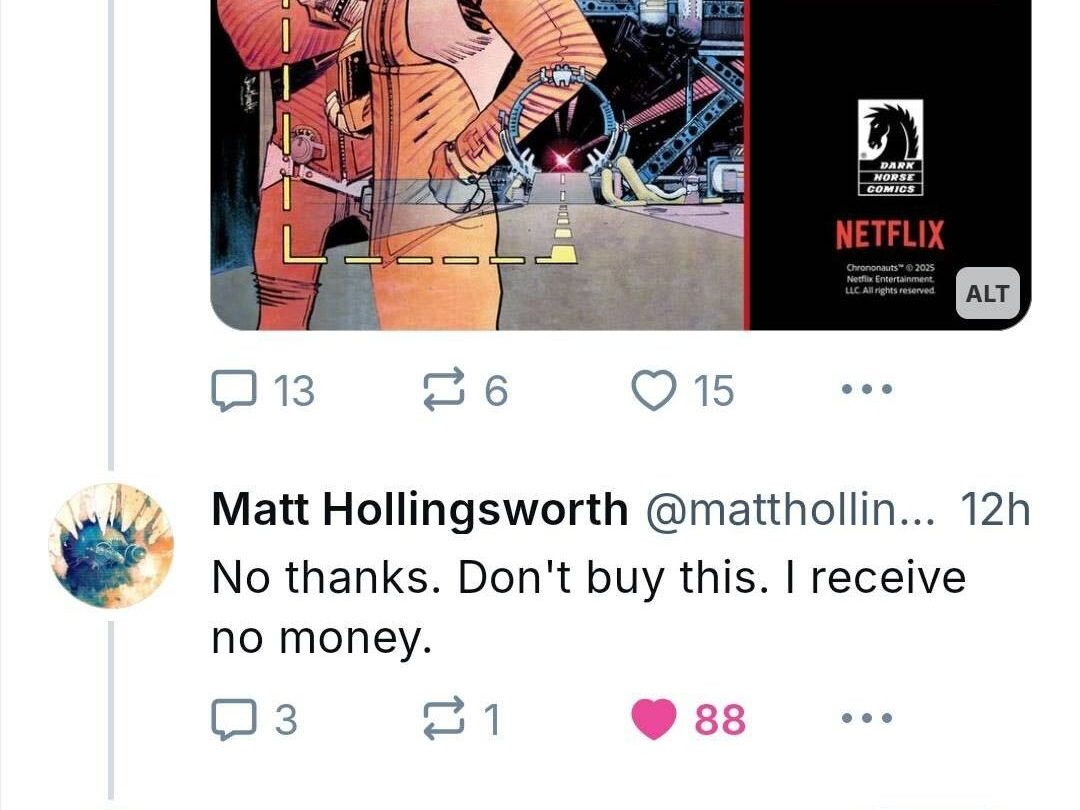A writer at the Daily Aztec argues that comics are literature, though where he drew his own encouragement from for taking up the medium as reading material is hardly the best:
The first comic book I read was a single issue of “Iron Man,” a billionaire tech-head turned superhero. This comic tied in with the Marvel cinematic Universe film “Iron Man 2,” and it was given to me and a handful of other guests at a family birthday party. As fate would have it, that wouldn’t be my last comic book.
I grew up watching Marvel and DC cartoons like “Batman: The Animated Series,” “Justice League Unlimited,” and “The Spectacular Spider-Man.” These shows began my interest in the superhero world.
Stories coming from Marvel around 15 years ago were not worth the paper they were printed on, not even movie connections. It’s decidedly a shame when anybody and everybody thinks the best gift you should give your children for reading is the very brand new items, when here, there were Marvel Masterworks archives available back then, and today, Marvel Epic Collections make it even easier to obtain far better stories pre-2000. The same can now be said about DC Finest, a similar archiving project that began just a year or so ago, and will hopefully be put to serious use more than previous archiving projects were.
Reading their best stories or the classics intrigued me. With stories like Spider-Man’s, I learned that if Peter Parker, the character’s alias, can manage his hero life and academic life, then I could take on any challenge that college presented me with.
What about leftism that’s ruining the college system? Because there’s some of that in this article too, unsurprisingly. If partisan politics can’t be challenged, nor some of the worst results of leftist indoctrination, then the writer hasn’t learned much of anything from reading Spidey.
With every comic I read, I was introduced to the grand world of superheroes that captivated me with each panel showcasing them in beautiful colors, portraying them with vivid art. It got me thinking, all the way to coming up with the essential question:
Can comic books qualify as literature?
Literature is commonly defined as “Written works, especially those considered of superior or lasting artistic merit. Books and writings published on a particular subject.”
Now, I like the first definition because it talks about how a written work leaves a lasting mark on the reader and the audience. Novels such as Wuthering Heights by Emily Brontë, Animal Farm by George Orwell, and many many more. These pieces of literature are frequently recognized for their timeless messages and use of language that captivates readers in every read-through.
Yes, comics can count as literature in their own way, but like any other medium, they too can fall victim to political correctness and propaganda of the worst kinds, and have their best messages turned inside out. A similar point could be made as to how the artwork fell into mediocrity over the past decade in the mainstream, and no telling how easily it’ll recover, if at all. What the past 2 decades have had to offer definitely isn’t of lasting value, nor is it “superior”. Certainly not if it happens to be something like “Superior Spider-Man”, which was just a tired excuse to depict Dr. Octopus switching brains with Spider-Man. The writer then cites 2 items, one with more positivity, oddly enough, but another that’s lacking:
Less known but just as valuable are the retelling of classic fairytales in Fables by Bill Willingham. Or Anne Frank’s Diary: The Graphic Novel Adaptation by Ari Folman. […]
“The graphic diary is the perfect solution for the next generation. To reach the readers of the diary you also have to find their language-more people will get to know the story,” Folman said as his reason for using the comic medium.
While it’s admittedly surprising to see the writer cite Fables as a comic making for valueable reading, given that Willingham is a right-winger, this is soured when the work of an actual leftist is put alongside, one who exploited Anne Frank’s history for writing up a crude, contrived rendition where homosexuality is shoehorned into the mess. I get the feeling the writer would never cite graphic novels like those written by Arnon Shorr as recommended reading. And if not, that’s telling just how narrow a university paper’s viewpoint can really be.
The Handmaid’s Tale, a novel known for being set in the dystopian Republic of Gilead, a theocratic regime that has replaced the United States, was also adapted into a comic book by Renee Nault.
“Although the subject matter is bleak, I wanted the art itself to be beautiful, and for each page to stand as its own work,” Nault said when commenting on her motivation.
If memory serves, Margaret Atwood’s novel was written as a left-wing feminist story, with conservative/Christian-like figures as adversaries, so what makes this a great item for adaptation into comics? I can’t say I’m surprised it would be adapted though. But, if the Handmaid’s Tale were a critique of Islam, it would never be embraced by the leftist crowd.
Anyway, this pretty much sums up what you can expect to come from a university rag. The only thing that’s really accurate here is that yes, comics can be literature in their own way. But what predictably goes undiscussed is how comics can also be exploited as propaganda for bad politics, and while it is amazing the Daily Aztec would cite Fables as a comic of interest, they ruined everything with the tasteless leftist items that were also brought up.
Originally published here.



















 English (US) ·
English (US) ·